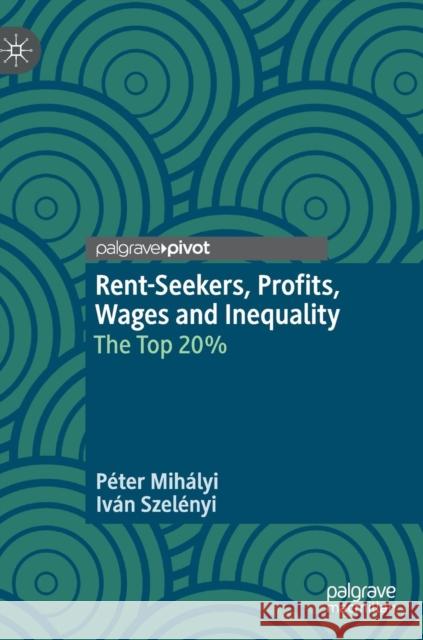Rent-Seekers, Profits, Wages and Inequality: The Top 20% » książka
topmenu
Rent-Seekers, Profits, Wages and Inequality: The Top 20%
ISBN-13: 9783030038458 / Angielski / Twarda / 2019 / 156 str.
Kategorie BISAC:
Wydawca:
Palgrave Pivot
Język:
Angielski
ISBN-13:
9783030038458
Rok wydania:
2019
Wydanie:
2019
Ilość stron:
156
Waga:
0.35 kg
Wymiary:
21.01 x 14.81 x 1.12
Oprawa:
Twarda
Wolumenów:
01
Dodatkowe informacje:
Wydanie ilustrowane











